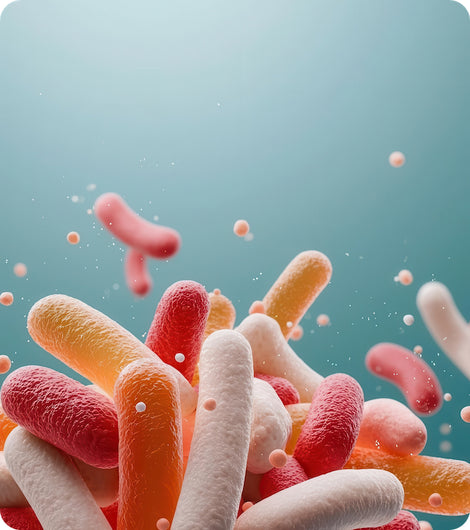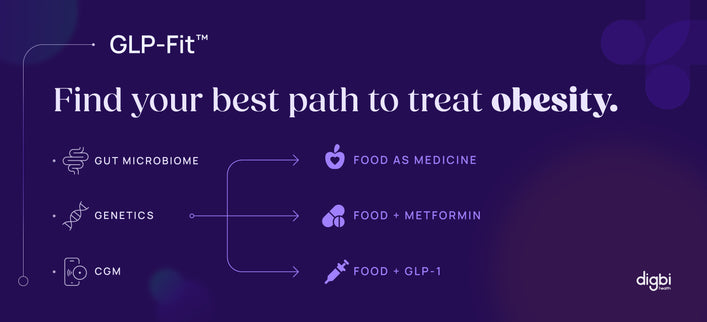Alcoholic beverages are often a large part of a thriving social life, and social drinking is widespread in cultures across the world. However, it is well known that excessive alcohol consumption can be habit-forming, toxic, and psychoactive.
The World Health Organization has some rather sobering stats on alcohol consumption:
- Alcohol abuse contributes to 5.1% of the global burden of disease; 7.1% and 2.2% in males and females respectively
- Alcohol consumption is a factor in 3 million deaths annually across the globe, as well as several disabilities and health complications in millions of individuals
How alcohol consumption impacts gut microbiota
We know that the gastrointestinal tract and the intestinal microbiota display a symbiotic relationship. The microbiota helps with protection from pathogens, extraction of energy from food, and synthesis of amino acids and vitamins.
When the intestinal microbiota homeostasis, or balance, is disrupted, the term “dysbiosis” is used to describe the changes. Gut dysbiosis has been associated with various conditions, such as inflammatory bowel disease (IBD), irritable bowel syndrome (IBS), celiac disease, food allergies, type 1 diabetes, type 2 diabetes, cancer, obesity, and cardiovascular disease.
The gut dysbiosis changes associated with alcohol consumption include qualitative as well as quantitative changes in gut microbiota, and alcohol-induced changes in the population and metabolic function of gut microbiota may contribute to the subsequent development of alcoholic liver disease (ALD) as well as increased inflammation in the gastrointestinal tract and systemic inflammation.
Findings from animal studies
Studies in mice and rats have shown alcohol-induced bacterial overgrowth as well as dysbiosis. Mice fed alcohol developed ALD, which was associated with small intestinal bacterial overgrowth and dysbiosis in the cecum region of the large intestine.
Findings from human studies
The dominant microbial phyla in the human gut are Firmicutes, Bacteroidetes, Actinobacteria, Proteobacteria, Fusobacteria, and Verrucomicrobia, with the two phyla Firmicutes and Bacteroidetes representing 90% of gut microbiota. The ratio of the populations of bacteria belonging to these two phyla is often used as a diagnostic parameter by researchers.
Chronic alcohol consumption causes bacterial overgrowth and dysbiosis in humans, upsetting this natural balance. Using culture-based methods, an older study had shown the presence of alcohol-induced changes such as the overgrowth of aerobic as well as anaerobic bacteria in the jejunum section of the intestine.
A more recent study of biopsies taken from the intestines of subjects with and without ALD demonstrated that alcohol intake significantly alters the composition of microbiota that are associated with the intestinal mucosa. This study showed lower numbers of Bacteroidetes and a greater abundance of Proteobacteria, which have the potential to be pathogenic. These results were seen in a subgroup of alcoholics with as well as without liver disease.
Furthermore, analysis of fecal microbiota from human subjects with hepatitis B or alcohol-related cirrhosis shows a reduction in Bacteroidetes and an increase in Proteobacteria. These findings suggest that microbiota community differences between alcoholics and alcoholics with cirrhosis (e.g., Fusobacteria, Clostridia) may contribute to the development of liver disease.
Another study showed that dysbiotic microbiota in alcoholics also correlates with a high level of endotoxin in the blood, indicating that dysbiosis may contribute to intestinal hyperpermeability (also known as “leaky gut syndrome”).
These findings underline the significant detrimental effects of chronic alcohol consumption on gut microbiome.








